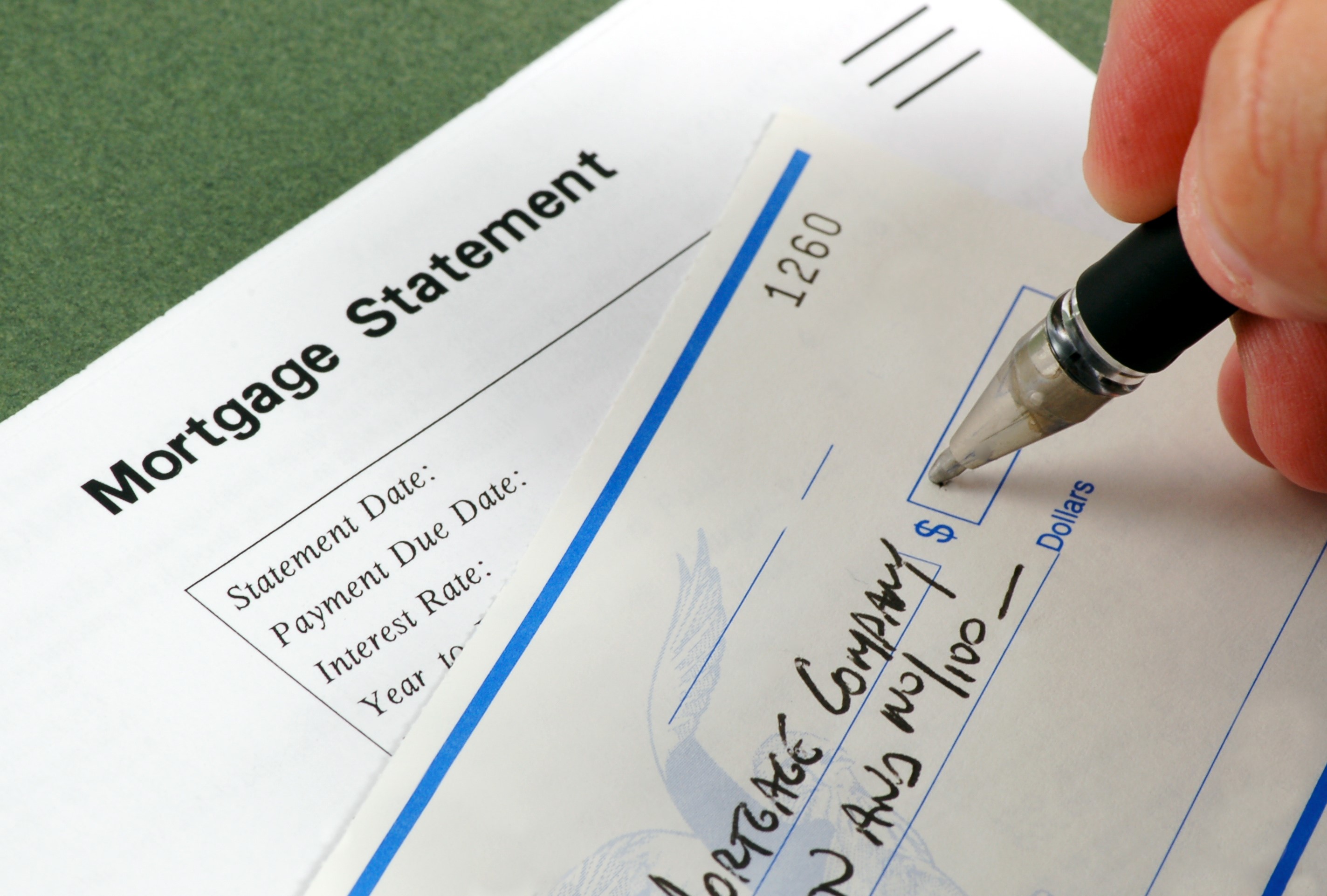Manufactured vs. Modular Homes
When it comes to residential construction, there is a wide range of housing options to suit different needs and preferences. Among these...

This is where mortgage companies compete. Your principal and interest payments will depend on how much money you’re financing and at what rate. On a standard, fixed amortization, each successive monthly payment should go a little less towards interest and a little more towards your principal.
Your principal payment goes directly toward the actual amount of your loan, gradually chipping away at the original loan amount. With each principal payment, you build equity and move toward the goal of paying off the loan and owning the home outright!
One good way to keep your principal payment low is by borrowing as little as possible. A couple of ways to do this include a hefty down payment at purchase, a chunk payment at refinance, and/or a Zero Closing Cost loan in either situation!
The interest portion of your mortgage payment covers the cost of the money borrowed. Interest can be annoying for homeowners, but it is a necessary burden – allowing you to acquire what is likely your most valuable asset.
A low-interest rate helps to get lower overall payments, but it’s important to consider how you’re getting that rate. Sometimes the lower interest rate costs points, which can result in a higher loan amount. Raising the loan amount may cause the actual interest payment to float up as well.
A home must be up-to-date on property taxes to avoid a lien – or tax foreclosure in extreme cases – on your property. Additionally, homeowner’s insurance is required on your home to protect your and the lienholder’s investment. Escrow exists to make sure sufficient funds are available for both of these important charges. An escrow account simultaneously protects your home and eases the burden of remembering due dates and making lump payments when those dates come up.
When you buy a house, you will set up an escrow account at closing. When you refinance, you will have to do the same. Unfortunately, the nature of an escrow account is that it can’t be directly transferred from one servicer to the other. So, depending on what is available in escrow at the time of your refinance, you could wind up paying a rather hefty deposit at closing. Don’t worry though, this will ultimately be refunded.
If you’re shopping for a refinance, your taxes and homeowner’s insurance will likely remain the same after closing. So, you can use current escrow charges to estimate your full post-refinance monthly payment.
Property taxes are calculated depending on the value of your land and anything built on it. Assessors tend to evaluate properties every 1-5 years and charge the owner following standards set by the city/county taxing authority. Property taxes are a major source of revenue for your county or city, going toward important public goods like roads and schools. If you fall behind on taxes, you risk a lien on your property.
The cost of homeowner’s insurance depends on the estimated replacement cost of the home. The area around your home affects premiums as do your own insurance score and the general cost of building materials. You should shop around for the lowest premium to minimize this portion of your escrow payment, or let CapCenter Insurance do it for you!
Mortgage insurance is due – in most cases – monthly. It should be identified on its own but absorbed into the general ‘escrow’ section on some mortgage statements. This is another insurance you can and should shop for. It is, however, often better to leave the shopping to your mortgage company. It makes the process easier (and they can usually get the best rates). Depending on your loan program, your mortgage insurance payment may be tiered, so you could see this charge taper to zero as you build equity in the home.
Yes, but there are conditions based on your adjusted gross income. If you are married and filing jointly, the phaseout begins at $100,000 and falls off entirely at $109,000. If you are unmarried or filing individually, the phaseouts are exactly half; $50,000 and $54,500.
The first payment is always due the first full month after the month you close on your mortgage. As an example, if you close any time in the month of September, your payment will not be due until the first of November. This allows plenty of time for money to transfer and the home title to change. It also allows a welcome break in payments for homeowners!

When it comes to residential construction, there is a wide range of housing options to suit different needs and preferences. Among these...

As a first-time home buyer, there can be so many new concepts, options, and terms flying around, it can sometimes feel a bit overwhelming. And...

As a first-time home buyer, there can be so many new concepts, options, and terms flying around, it can sometimes feel a bit overwhelming. And...

5 min read
Homeownership is a great way to build wealth and work toward financial security. The housing market itself is a large driver of the overall...

3 min read
If you’re considering a refinance or a new home purchase, you are likely interested in how mortgage interest rates are trending. You may not...

4 min read
In real estate, “contingent” means that a seller and buyer have agreed to terms on a property, but the final sale depends on certain conditions...